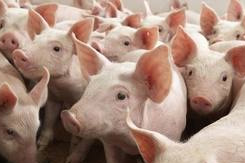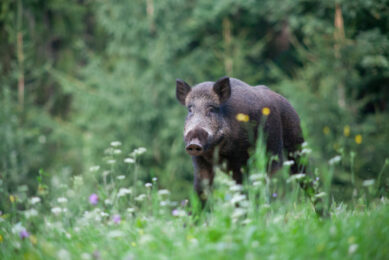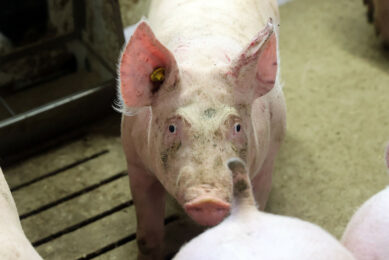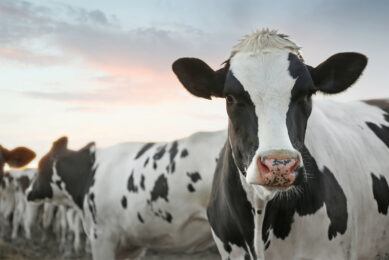UK: Royal Colleges slam lack of farm antibiotic targets

In a letter published in the British newspaper, The Times, the Royal Colleges have criticised the government’s failure in setting targets for reducing farm antibiotic use, even though targets have been set on the medical side.
They expressed their concern that any improvement in medical stewardship of antibiotics could be undermined by continuing farm overuse, and that farm use of key antibiotics could be contributing to the increasing number of antibiotic-resistant E. coli infections in humans.
Almost half (42%) of antibiotics in the UK are given to intensively produced livestock, mainly pigs and poultry. New data published by the Veterinary Medicines Directorate (VMD) indicates that although there is a slight fall in overall farm use, farm use of antibiotics classified as Critically Important in human medicine has again risen, and is now at its highest level ever recorded.
Plus a survey commissioned by the Longitude Prize found that the public ranks the threat of antimicrobial resistance as second only to terrorist attack on the UK national risk register.
Welcoming the intervention by the Royal Colleges, Alison Craig, Campaign Manager of the Alliance to Save Our Antibiotics, said: “Antimicrobial resistance is an urgent problem causing rising public concern. The government must get a grip on overuse. By setting a target for reduction on the medical side, but not on the veterinary side, the government is neglecting half the problem. If they did this for other health issues, like cancer, there would be an outcry. The need for reduction targets on both sides is obvious, and we are relieved the medical community thinks so too.”











